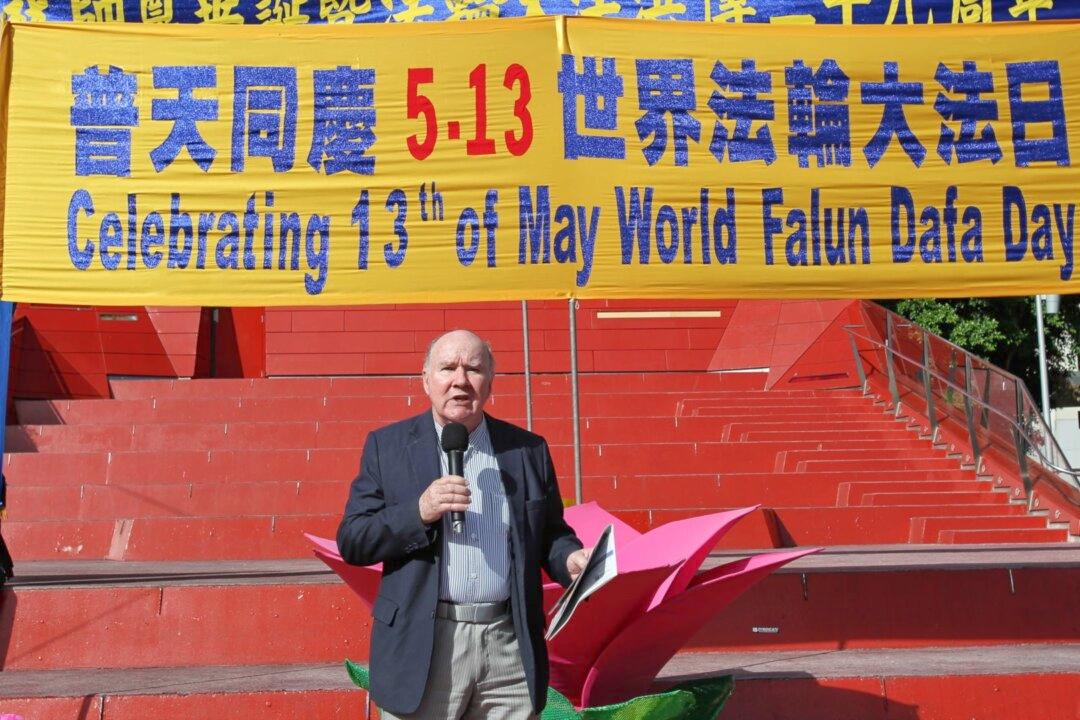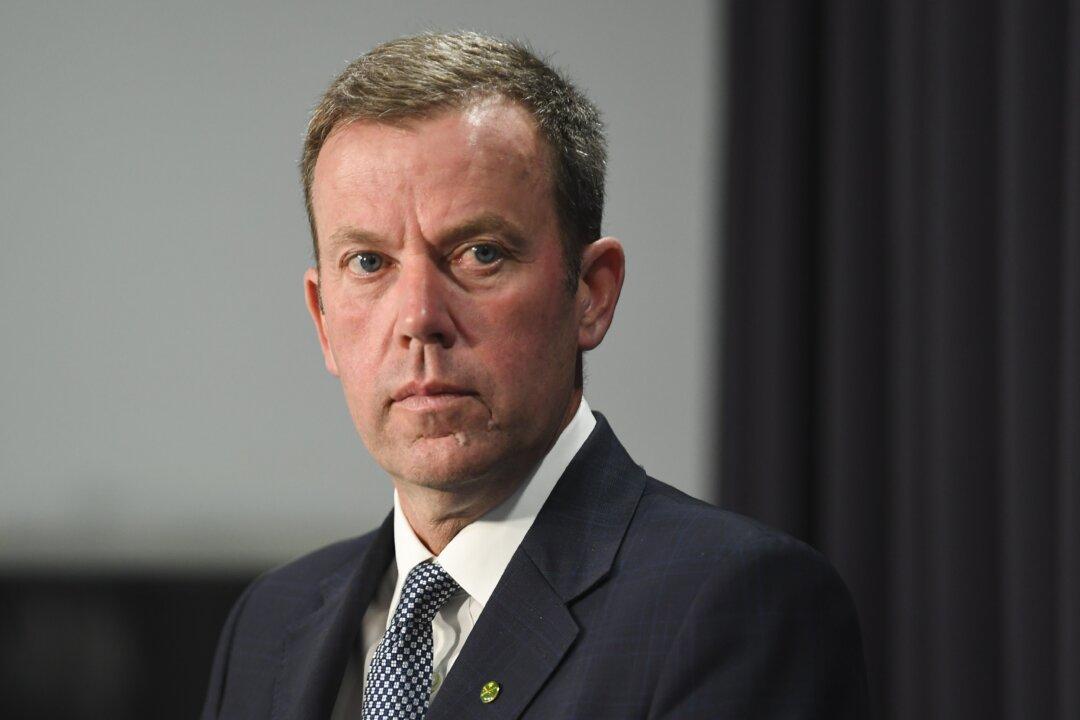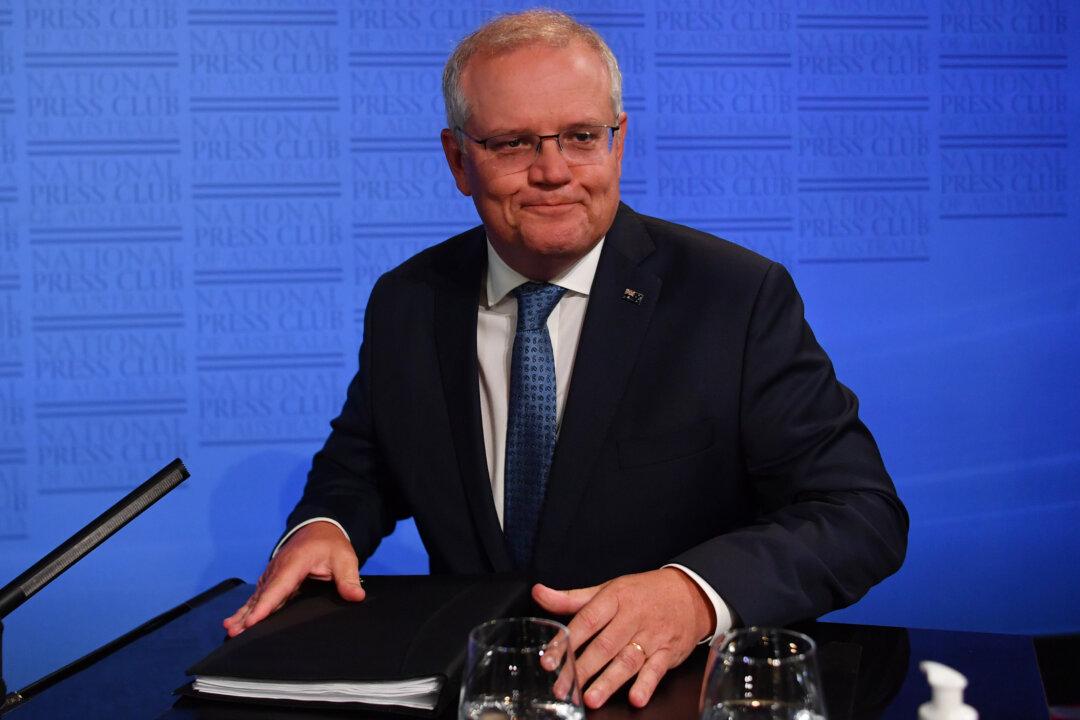Federal Trade Minister Simon Birmingham does not want to link the Chinese Communist Party’s (CCP) death sentence of an Australian man—handed down 7 years after he was imprisoned—to current bilateral tensions, despite the similarities to a previous case involving a Canadian man.
Australian man Karm Gilespie has been imprisoned in China since 2013 for smuggling drugs but was only sentenced to death by Guangzhou Intermediate People’s Court on June 10.





